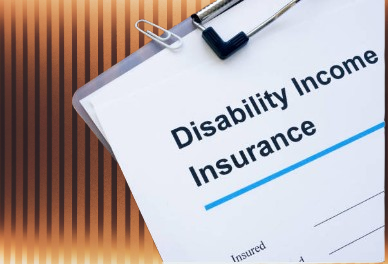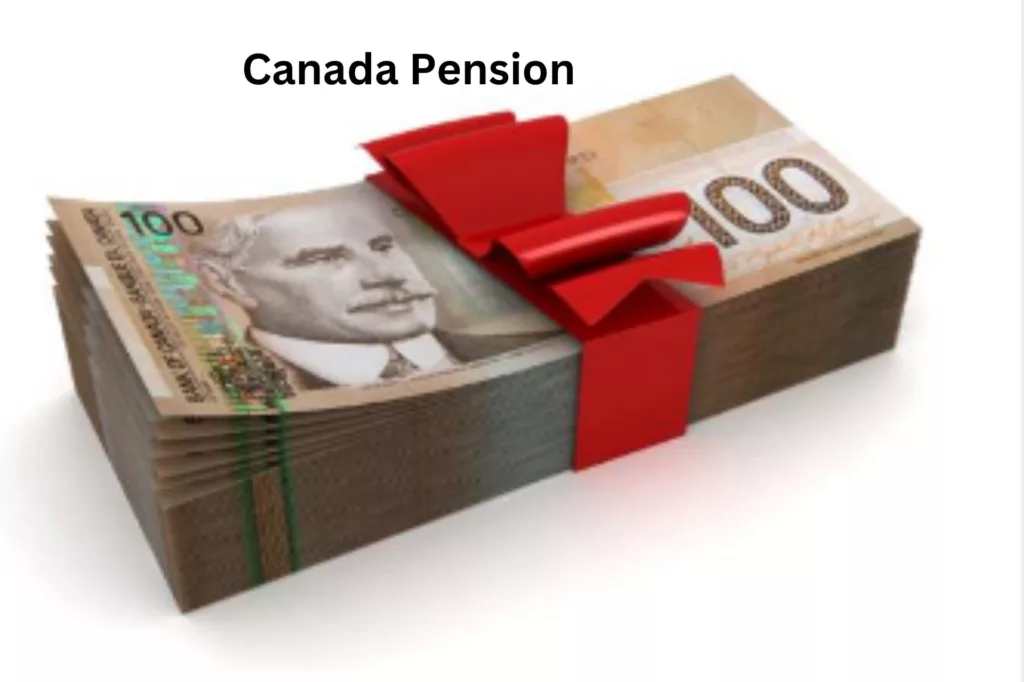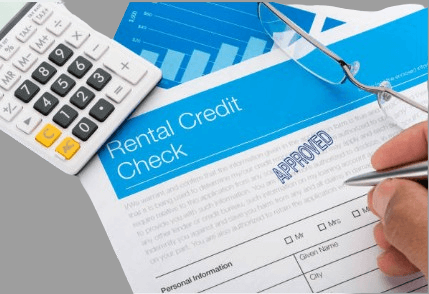
Curious about what types of income impact CPP disability payment? Interested in safeguarding your financial stability? This article is tailored for you.
We’ll explore the eligibility criteria for CPP disability, dissecting the impact of diverse incomes – from disability support payments to one-time windfalls and passive investments.
Discover strategies to navigate potential pitfalls, ensuring your CPP disability benefits remain intact.
Understanding What Types of Income Impact CPP Disability Payment
To understand types of income that affect your CPP Disability payment, it’s essential to grasp the fundamental criteria for qualifying for CPP disability. Meeting the age, contribution, and disability criteria is crucial.
The focus here lies in the disability criteria, emphasising physical or mental impairments hindering regular work, where earning more dollars annually becomes challenging.
Clarifying the Impact of Different Incomes
Starting with disability or support payments, such as long-term disability, short-term disability, EI payments, spousal support, or non-disability-related pensions, these should not affect CPP disability.
Also Read: Canada Child Benefit
Notably, CPP disability stands alone without a financial means test, distinguishing it from provincial disability benefits.
Moving to one-time payments, like lottery winnings, inheritance, or severance payments, these are generally unrelated to one’s ability to work and should not impact CPP disability.
However, vigilance is advised, particularly with severance payments that may appear as ongoing work-related income.
What Types of Income Impact CPP Disability Payment?
1. Employment Income
Employment income can significantly impact your CPP disability payments.
For instance, you’ve secured CPP disability benefits, but did you know that your employment income plays a crucial role in determining the amount you receive? It’s not as straightforward as you might think.
When you’re employed, your income is a key factor. The more you earn, the more it could affect your CPP disability payments. This includes wages, salary, or any other form of compensation you receive from your job.
It’s essential to be aware of the income thresholds set by CPP. If your earnings exceed these thresholds, it could lead to a reduction in your disability benefits. However, it’s not a one-size-fits-all scenario. The impact varies based on individual circumstances.
2. Self-employed Income
Being self-employed adds an extra layer of complexity to the equation. If you’re your own boss, your income doesn’t come in the conventional nine-to-five format, and that can have implications for your CPP disability benefits.
Unlike regular employment, where your income is more predictable, self-employment income can fluctuate. This unpredictability can make it challenging to assess how it impacts your disability payments. It’s not just about what you earn but how you earn it.
CPP disability benefits may be adjusted based on your net income from self-employment. This involves considering various business-related expenses. Understanding what constitutes net income and how it affects your benefits is crucial for self-employed individuals relying on CPP disability payments.
In essence, if you’re self-employed and receiving CPP disability benefits, navigating the terrain requires a thorough understanding of how your income, expenses, and reporting obligations come together.
3. Investment Income
Investing can be a fruitful endeavour, but when it comes to CPP disability benefits, it introduces a layer of complexity. The returns from your investments could impact the amount of disability payments you receive.
It’s not just about the gains; losses in your investment portfolio can also play a role. The overall performance of your investments contributes to the calculation of your CPP max 2024. Understanding this dynamic is essential for those relying on both investment income and disability payments.
The threshold for allowable investment income is a critical factor. If your investment earnings exceed this threshold, it might lead to an adjustment in your CPP disability benefits. Striking a balance between growing your investments and maintaining your disability support is key.
4. Government Assistance Programs
Now, let’s explore the interplay between CPP disability payments and other government assistance programs.
Receiving support from multiple avenues is common, but it’s crucial to understand how these programs coexist. Government assistance programs, such as social assistance or workers’ compensation, can affect your CPP disability benefits.
When you’re enrolled in more than one program, it’s like navigating a financial ecosystem. Each program has its rules and criteria. The challenge lies in ensuring that these programs complement, not contradict, each other.
In some cases, the amount you receive from other government assistance may impact your CPP disability benefits. It’s not just about the quantity but also the type of support you’re receiving. Understanding these dynamics helps in making informed decisions about your overall financial well-being.
5. Pension Income
Pensions are a significant aspect of many individuals’ financial portfolios, but understanding how they interact with CPP disability benefits is crucial for effective financial planning.

Firstly, it’s essential to recognize that the source of your pension income matters. Different types of pensions may have varying impacts on your CPP disability payments. Public and private pensions, for instance, may be treated differently in the calculation process.
The timing of when you start receiving your pension also comes into play. If you start receiving your pension before CPP disability benefits, it could trigger adjustments to the latter. Knowing the optimal timing for pension initiation can help you maximise your overall financial support.
In summary, if you’re a pensioner and a recipient of CPP disability benefits, consider timing factors, and ensure transparent reporting for a seamless integration of pensions and disability benefits.
6. Irregular Income Such as Bonuses and Overtime
Additional income like bonuses and overtime can significantly influence the calculation of CPP disability benefits. It’s not merely about your regular salary; these irregular earnings can play a pivotal role.
When it comes to CPP disability payments, the key is understanding how bonuses and overtime affect the overall income picture. Depending on the frequency and amount, they can lead to adjustments in the benefits you receive. This adds a layer of financial planning for individuals relying on both stable and variable income sources.
7. Maternity and Parental Benefits.
For individuals receiving CPP disability payments, the intersection with maternity and parental benefits adds another layer of complexity. Understanding how these benefits interact is vital for those navigating the delicate balance of family planning and financial stability.
Maternity and parental benefits are designed to provide support during periods of caregiving. However, the interaction with CPP disability payments requires careful consideration. Depending on the circumstances, the two types of benefits may complement each other or necessitate adjustments.
It’s crucial to be aware of any potential impact on the amount of CPP disability payments during maternity or parental leave. Transparent reporting of these benefits is essential to ensure accurate adjustments. Failing to report such changes may lead to discrepancies and potential interruptions in disability payments.
8. Rental Income
For individuals relying on CPP disability benefits, rental income is one of the types of income impact CPP disability payment. Whether you’re a property owner or engaging in rental arrangements.

Depending on the amount and consistency of this income, it may lead to adjustments in your CPP disability benefits. Balancing the benefits of rental income with the support provided by disability payments requires careful financial planning.
The Bottom Line
Understanding how different incomes affect CPP disability payments is crucial. Whether it’s from work, self-employment, investments, or government help, knowing how these things work together is important.
Making sure to report your income correctly and being aware of any changes ensures that your disability payments go smoothly. By keeping things simple and staying informed, people getting CPP disability benefits can make smart choices about their money.
